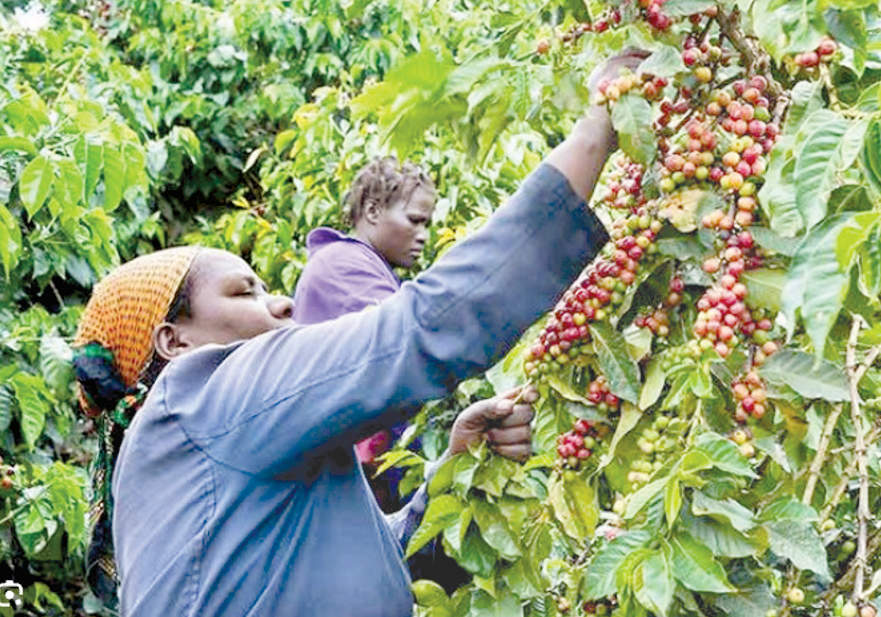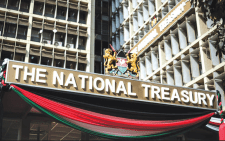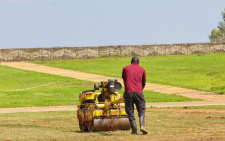Coffee debts have increased to more than Sh9 billion even as the government accelerated implementation of the reforms, Cabinet secretary for Cooperative and Micro, Small and Medium Enterprises Wycliffe Oparanya has revealed.
He said the government factored in this year’s budget Sh2 billion to free the farmers from massive debts and hence manage to increase production. While addressing cooperative leaders at a Naivasha hotel, Oparanya noted that coffee industry over and above low production is struggling with high debts, a scenario derailing desired growth.
“Government is committed to revive the coffee industry and more so enable farmers to regain financial strength. Coffee is a key value chain which contributes immensely to the Gross Domestic Product (GDP) growth. Therefore government is committed to actualizing the second phase of the debt waiver programme for the coffee sector,” said Oparanya. He said the Sh2 billion extended this financial year is yet to be released as the debts are being validated to avoid payment duplication.
Oparanya stated that the coffee subsector is struggling with poor governance and grand corruption, a situation he said is denying farmers their hard-earned sweat. He further stated in some coffee societies directors and managers have been borrowing to pay farmers more than the earned income thus increasing debts.
“Government will ensure the legislations and regulations are fully implemented to ensure there is level playing ground. We have had cases in farmers coffee societies where directors and managers have been borrowing money to pay the growers high rate against income earned,” “Farmers in these societies are crying every other day as they cannot meet their daily financial obligations. Therefore, the Government will not tolerate corruption in the coffee industry as part of restoring confidence,” he added.
According to the Commissioner for Cooperative David Obonyo debts reached Sh6.8 billion in January this year which farmer borrowed from local financial institutions and mainly Cooperative Bank of Kenya to finance coffee processing equipment among other needs. To ensure there are debts left unattended, the Cooperative department requested for further details on claims from farmers, coffee cooperative societies and financiers with the deadline to put on May this year.
Obonyo confirmed that to avoid payment duplication, the department of the cooperatives and the national treasury and planning constituted a seven-member taskforce to validate all the debts and the team is expected to submit an interim report by the end of this month.
“According to the claims by the counties, financiers’ and farmers cooperative societies’ accumulated debts stand at Sh9bilion. However, the figure might remain the same or reduce based on the authentication by the 7-member task force team,” Obonyo said.
The coffee industry debt waiver programme was initiated by the former administration of President Mwai Kibaki in 2006 as part of assisting the local farmers overcome challenges disrupting desired growth. Between 2006 and 2019 government waived Sh12.2 billion through Cooperative Bank of Kenya, though value chain players claimed the written-off debts and other reforms enacted did not motivate desired development in the subsector. Government waived Sh5.8 billion Stabilisation of Export Earnings (STABEX) to Co-operative Bank, money that had been granted by the European Union (EU) under a compensatory finance scheme to stabilize export earnings of the African, Caribbean and Pacific Group of States (ACP).



















